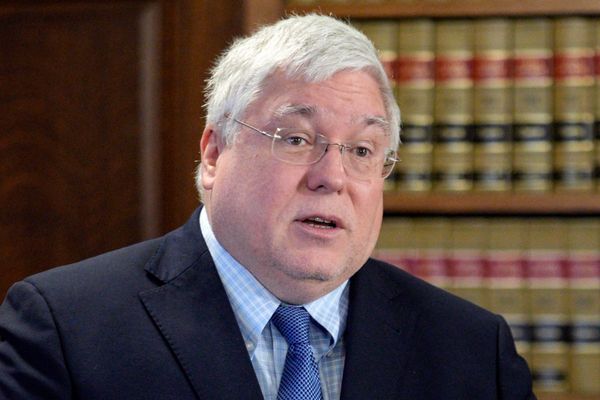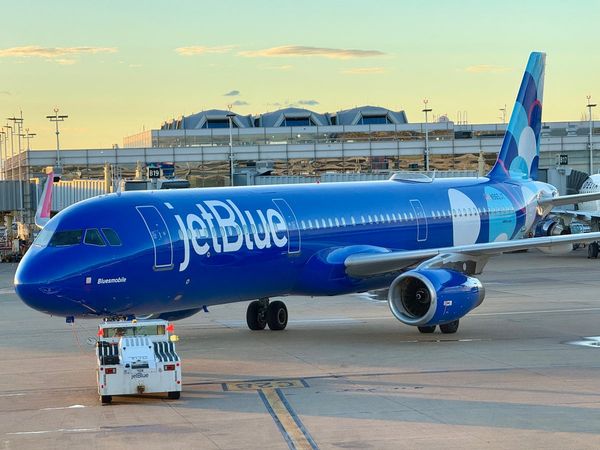Nike (NKE) posted stronger-than-expected fourth quarter earnings Monday as solid gains in its direct-to-consumer business offset a Covid-linked sales slump in China and surging transportation costs.
Shares in the group slumped lower, however, after it forecast fiscal 2023 revenues would grow by 'low single digits' when compared to 2022 levels, thanks in part to the headwinds of a stronger U.S. dollar, with profit margins falling as much as 50 basis points.
Nike said earnings for the three months ending in May came in at 91 cents per share, down 2 cents from the same period last year but firmly ahead of the Street consensus forecast of an 81 cent profit. Group revenues, Nike said, 1% from last year to $12.24 billion, just ahead of analysts' estimates of a $12.075 billion tally.
Gross profit margins narrowed 80 basis points to 45%, just shy of Street estimates of 46.6%, as input and transportation costs surged. North America revenues were down 5%, but direct-to-consumer sales were up 7%, helping offset both the impact of a stronger U.S. dollar and the Covid-related slump in China sales.
The group also said it had authorized an $18 billion share buyback, which will be spread over the next four years.
"Nike’s results this fiscal year are a testament to the unmatched strength of our brands and our deep connection with consumers," said CEO John Donahoe. “Our competitive advantages, including our pipeline of innovative product and expanding digital leadership, prove that our strategy is working as we create value through our relentless drive to serve the future of sport."
Nike shares were marked 3.17% in after-hours trading immediately following the earnings release to indicate a Tuesday opening bell price of $107.00 each.
Last week, Nike, which paused business from its stores and e-commerce channels in Russia and Ukraine earlier this year, said it will scale-down operations over the coming months and permanently exit the county. Nike said the move would incur a charge of around $150 million.
The move follows similar decisions from blue chip American companies such as Starbucks (SBUX) and McDonald's (MCD), which sold its Russia operation earlier this month and took a non-cash hit of around $1.3 billion.







